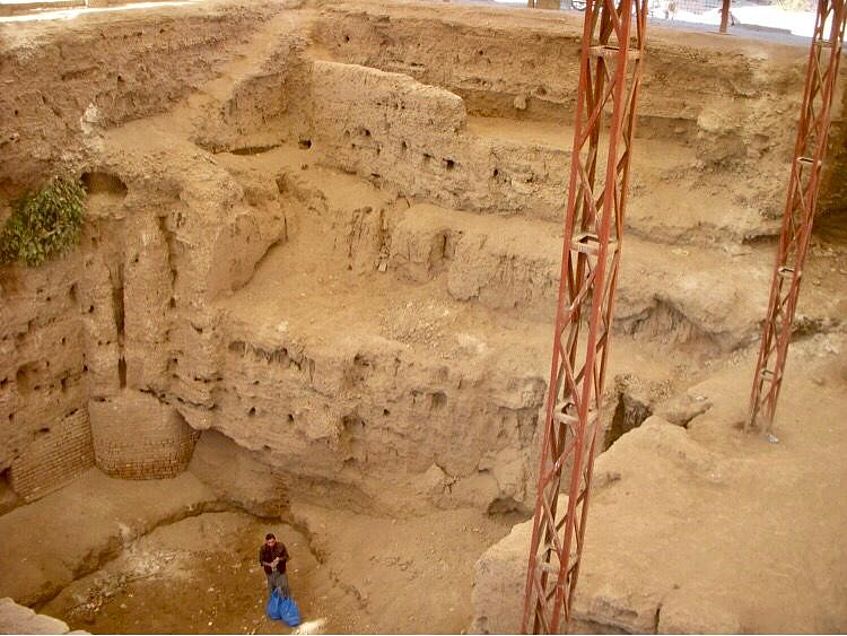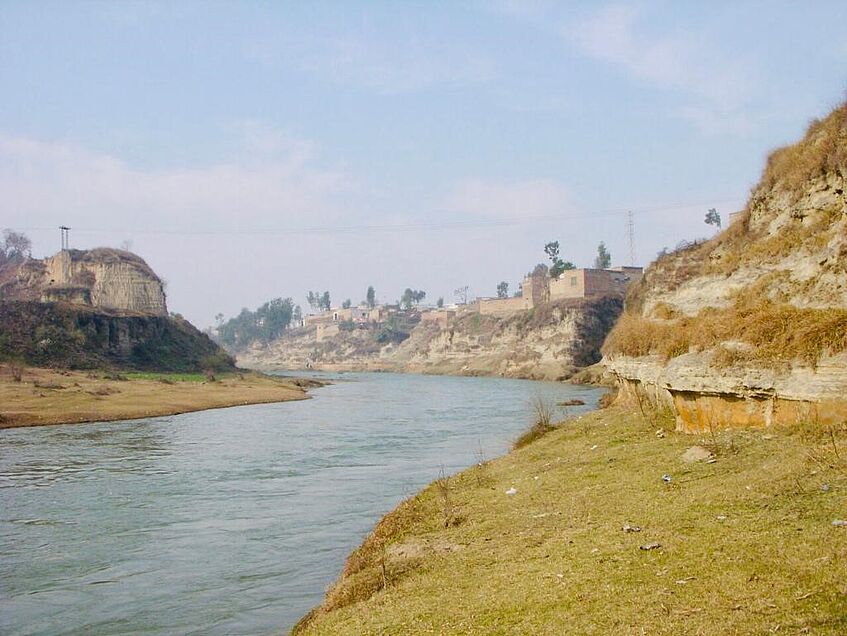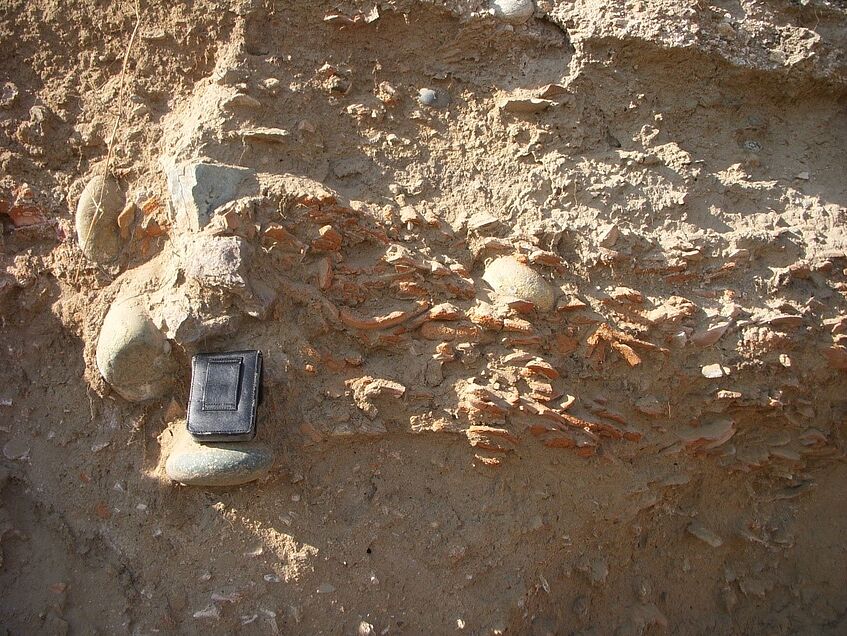Mehwish BIBI
ABOUT ME
I got my PhD degree from department of Geology; University of Vienna.
I received my M.Phil and MSc in Environmental Science degrees from Pakistan.
Currently I am working as Visiting Faculty at Quaid-I-Azam University, Islamabad, Pakistan.
My research interests are Anthropocene, Geochemistry, Climate Change and ecotoxicology.
My future research focus will be on anthropogenic contamination in the environmental archives of Pakistan by assessing different markers for the Anthropocene using multidisciplinary approach.

PROJECT DESCRIPTION
The recognition of anthropogenically induced, fundamental Changes in the Earth System led to the proposition of the Anthropocene as a potential new chronostratigraphic unit of the Geological Timescale.
Trace element concentrations in sedimentary archives, historical mining, and archaeological sites have been widely used as signals for anthropogenic contamination.
The archaeological sites of Hund and Gor Khuttree within the Peshawar Basin, NW Pakistan preserve stratified gravels that provide information about the historical anthropogenic controls on the distributions of trace elements. The youngest floodplain sediments and important archeological sites are incorporated to understand the anthropogenic controls on the distribution of various elements in the area.
Various geochemical signals revealed the palaeoclimatic variation and possible anthropogenic influence especially during the latest Holocene in the Peshawar basin (Gandahara area). Geochemical signals from the mid-20th century reflect anthropogenic contributions to the local system and correlate to the suggested base of a formalized Anthropocene. Archaeological evidences from the Peshawar Basin, NW Pakistan demonstrate clear anthropogenic activity since the demise of the late Pleistocene glaciation.

View of the excavation trench at Gor Khuttree archaeological site, Peshawar, Pakistan (© M. Bibi)

Jalala lacustrine-floodplain and loess deposits (© M. Bibi)

Terra cotta rich layer in the excavation trench at Hund, Swabi, Pakistan (© M. Bibi)
KEY PUBLICATIONS
2020 Bibi, M., Wagreich, M., & Iqbal, S. (2020). Trace metals as markers for historical anthropogenic contamination: Evidence from the Peshawar Basin, Pakistan. Science of The Total Environment, 703, 134926.
https://doi.org/10.1016/j.scitotenv.2019.134926
2020 Bibi, M., Wagreich, M., Iqbal, S., Gier, S., & Jan, I. U. Sedimentation and glaciations during the Pleistocene: Palaeoclimate reconstruction in the Peshawar Basin, Pakistan. Geological Journal,
https://doi.org/10.1002/gj.3445
2019 Bibi, M., Wagreich, M., Iqbal, S., & Jan, I. U. Regional sediment sources versus the Indus River system: The Plio-Pleistocene of the Peshawar Basin (NW-Pakistan). Sedimentary Geology, 389,26-41.
https://doi.org/10.1016/j.sedgeo.2019.05.010
2016 Bibi. M, Hashmi. M. Z, and Malik. R.N. The level and distribution of heavy metals and changes in oxidative stress indices in humans from Lahore district, Pakistan. Human & Experimental Toxicology, 35(1), 78-90.
https://doi.org/10.1177%2F0960327115578063
2015 Bibi. M, Hashmi. M.Z, and Malik. R.N. Human exposure to arsenic in groundwater from Lahore district, Pakistan. Environmental Toxicology and Pharmacology, 39. 42–52.
https://doi.org/10.1016/j.etap.2014.10.020
